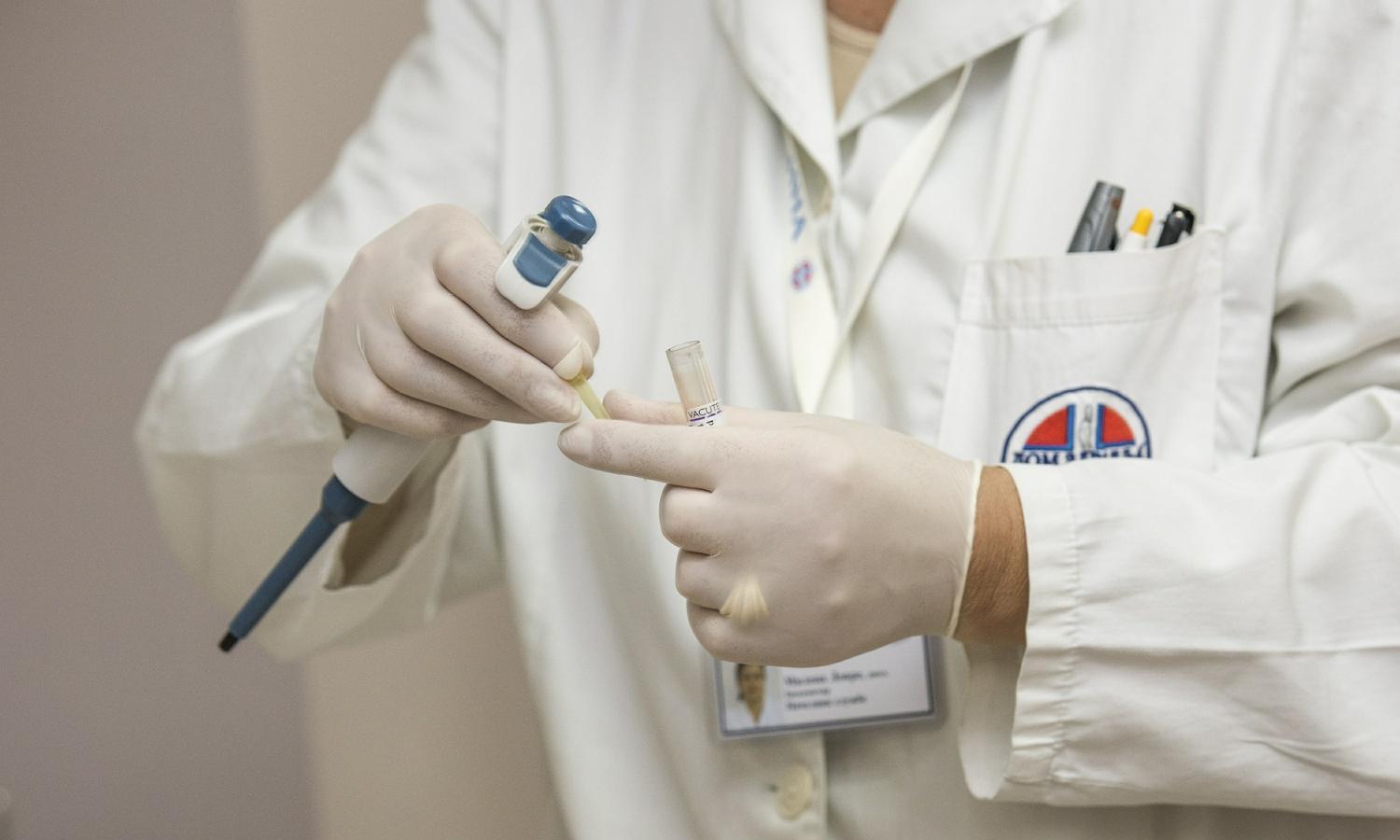AI Gap Slows Healthcare Progress in the Developing World

Artificial intelligence (AI) is revolutionizing health care, enhancing diagnostics, streamlining treatment, and improving patient outcomes. However, a recent study published in Digital Health reveals that these advancements remain largely concentrated in the Global North, leaving the Global South at a significant disadvantage.
Subscribe to our newsletter for the latest sci-tech news updates.
A research project headed by scientists from the University of Sharjah, working alongside scholars from renowned American universities, highlights a significant gap in availability of artificial intelligence tools across different economic levels. Although machine learning and automation are becoming more common for identifying illnesses, delivering medication, and providing remote medical consultations in affluent countries, their use in developing regions is still restricted.
The study highlights "health care disparities" and what appears to be an artificial intelligence divide between the Global North and the Global South, with the path to bridging it currently fraught with considerable challenges.
The study highlights that the expanding gap in artificial intelligence—which mainly exists between underdeveloped areas like those in Africa, Asia, and Latin America, referred to as the Global South—and more affluent, advanced countries in the Global North, particularly in Europe and North America—continues to be a significant challenge for ensuring fair access to low-cost and efficient healthcare.
The researchers describe their work as "an integrated scoping review... aimed at identifying new studies between 2022 and 2025 that outline the roles and obstacles associated with implementing artificial intelligence tools in healthcare within developing regions."
They state that their research "examines the possibilities of artificial intelligence in healthcare within the Global South, where issues such as poverty, limited resources, and epidemic occurrences present significant difficulties."
The research highlights the present benefits of artificial intelligence in monitoring diseases, increasing availability of medical services, aiding remote patient consultations, and enhancing strategies for preventative medicine. It points out that widespread adoption of AI plays a crucial role in fostering fairness across healthcare networks.
According to the writers, obstacles and difficulties consist of "inadequate infrastructure, data prejudices stemming from artificial intelligence developed primarily in the Northern Hemisphere, and insufficient regional knowledge" within developing regions.
They argue that economic limitations, absence of biotechnology collaborations, and insufficient regulatory frameworks continue to impede advancement.
The writers emphasize that realizing broad and fair AI-based healthcare in developing regions encounters major obstacles. They point out four primary hurdles that impede the successful use of AI to enhance medical services for marginalized communities: the gap in data availability, insufficient facilities and supplies, lack of balanced collaborations, and the urgent requirement for strong legal systems.
Primary researcher Dr. Syed Hussain, affiliated with the College of Communication at the University of Sharjah, points out that the majority of current AI healthcare tools are developed using data sources from wealthy nations.
This creates a major data imbalance, causing these systems to function inadequately or produce faulty outcomes when used with the varied demographics and specific medical issues found in developing regions.
In addition, numerous under-resourced nations continue to use paper-based documentation, leading to disconnected information systems and complicating the process of gathering and integrating the large volumes of varied, accurate data required for artificial intelligence.
According to Dr. Hussain, less advanced areas within the Global South face challenges such as unreliable internet access, inconsistent power supply, and a shortage of trained professionals needed to create, implement, and support artificial intelligence technologies.
Access to these resources is typically limited in areas with few available assets, adding more pressure to overburdened healthcare professionals. Additionally, considerable monetary challenges exist since adopting AI/ML systems demands large-scale funding.
The study advocates for more equitable partnerships and collaborative efforts between industrialized, high-income nations and their less developed counterparts in the Global South.
According to Dr. Hussain, the research outcomes highlight "a significant absence of commitment from Western artificial intelligence biotechnology firms towards the developing world. Current partnerships typically feature unidirectional interactions with little real transfer of technology or mutual advantages."
This reinforces a pattern in which developing countries face challenges in science, technology, engineering, and mathematics education, loss of healthcare professionals, and unstable governmental funding for scientific studies.
Dr. Hussain highlights the importance of the research, emphasizing that artificial intelligence technologies created in wealthy nations should be carefully modified to function well and responsibly in developing regions. He notes this involves thorough attention to regional health issues, available infrastructure, and societal norms.
There is an urgent requirement to digitalize healthcare information, emphasizing compatibility between systems, tackling prejudices, maintaining data safety, and educating community health professionals in gathering information.
Fair partnerships are crucial, shifting from unbalanced interactions toward real cooperation that encourages community-driven creativity and skill development. Additionally, international rules and monitoring are necessary to maintain openness, responsibility, security, and fairness in artificial intelligence healthcare solutions.
More information: Syed Ali Hussain and colleagues, Can artificial intelligence transform healthcare in the developing world? A comprehensive overview of possibilities and obstacles, DIGITAL HEALTH (2025). DOI: 10.1177/20552076251348024
Supplied by the University of Sharjah
This narrative first appeared on Medical Xpress .
Posting Komentar untuk "AI Gap Slows Healthcare Progress in the Developing World"
Please Leave a wise comment, Thank you